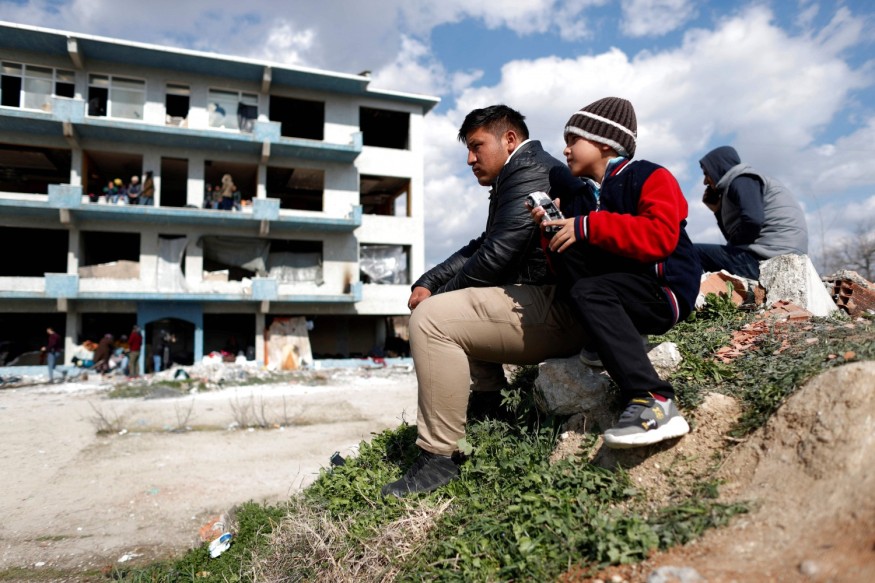The Tale of a Father That Sent His Son to America, Alone

"There's not so much poverty and crime because of the order and security," said Zelaya, 17.
Zelaya is now with one of his relatives in the clean suburbs of the country ranging from Dallas to Fort Worth. He is going to continue his studies in high school while waiting for his first asylum hearing that will happen in June 2020.
The United States seemed as the most perfect and safest land that is really different to the delinquent and extremely poor society where he and his father lastly fled in the hills of Honduras to survive. But nonetheless, Marvin migrates to the U.S. without his loving father.
They got separated at the border of Texas-Mexico last November, so that Zelaya could enter the United States. Marvin Sr. lost his vigor in a temporary haven camp in Mexico.
According to federal policy, only minor migrants who are asylum-seekers will be instantly allowed to enter while the others including families must standby in Mexico as they wait for their hearings.
During the half year that passed, the cycle of anguish of parents during separation to their children goes on. Some of the children are as young as 5-year-old, accompanied by an older sibling to cross the international borders that serve as the bridge in hopes for a better and safer life in America.
These children submit to the immigration agents of the United States as they go along in the middle of the bridge without the knowledge that they might not see their parents anymore. They are frequently involved in the entrance of people fleeing Central America's epidemic of crime. But the conflicts are long on possessing protection in the United States. Recently, one out of five applicants was granted asylum by the Supreme Court.
Dr. Amy Cohen, a child psychiatrist who specializes in immigrant trauma which is familiar to Zelaya's case said, "He certainly has a very frightening story which is entirely credible. Nonetheless, he doesn't have scars or wounds or a police report to back up his story."
U.S. Customs and Border Protection took Marvin Jr. into custody. Marvin says that they mocked and laughed at him whenever he answers their questions. They told him that his story was just the same as the others which was lies. In February he was released under their custody and went straight to his uncle's.
Zelaya's asylum case is based in a gang that rules their place and wanted him to be involved by doing three things; be a spy, drug dealer in school or kill people for them. That is why Zelaya's family decided to leave.
The Supreme Court denied his case for being not overwhelming but his father says, "This is for Zelaya's safety not for me."
Just like Marvin Sr. and Zelaya's case, there are still 60,000 asylum seekers waiting in Mexican border cities while waiting for their cases. Federal appeals on court in California that blocked the policy of administration introduced as Remain in Mexico, but later stayed that order. The Supreme Court expects the case to end up before them.
Subscribe to Latin Post!
Sign up for our free newsletter for the Latest coverage!

















